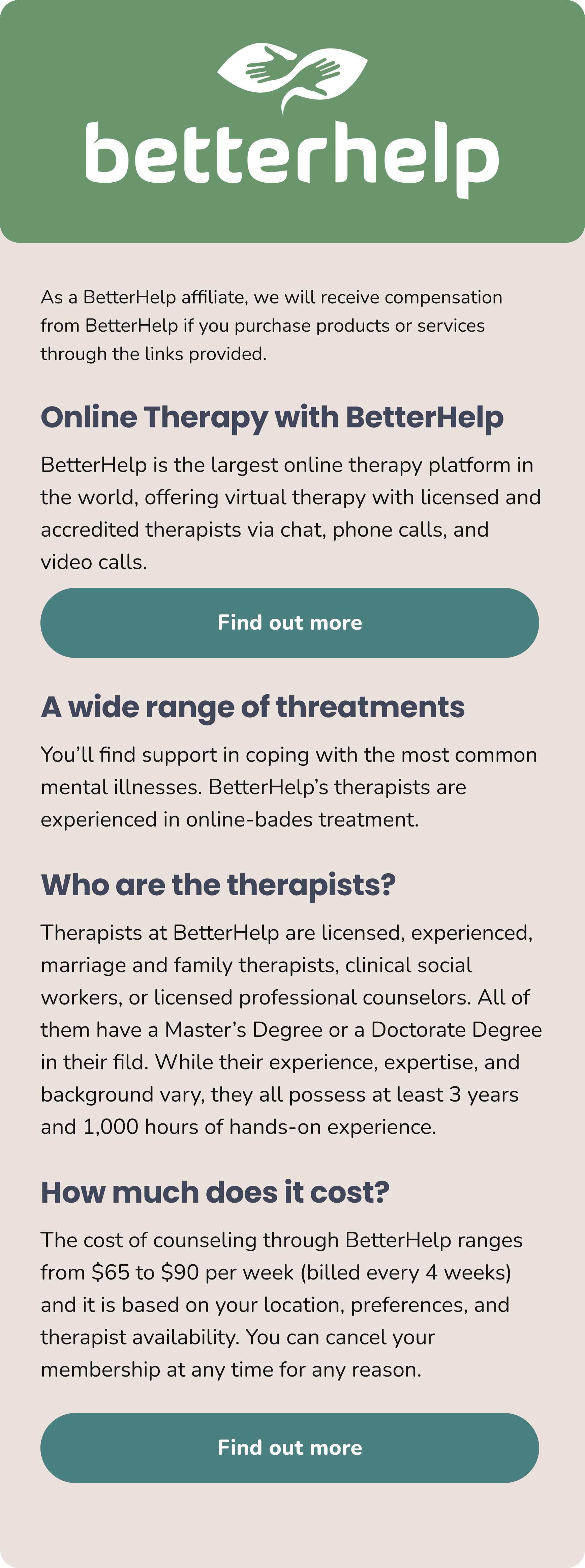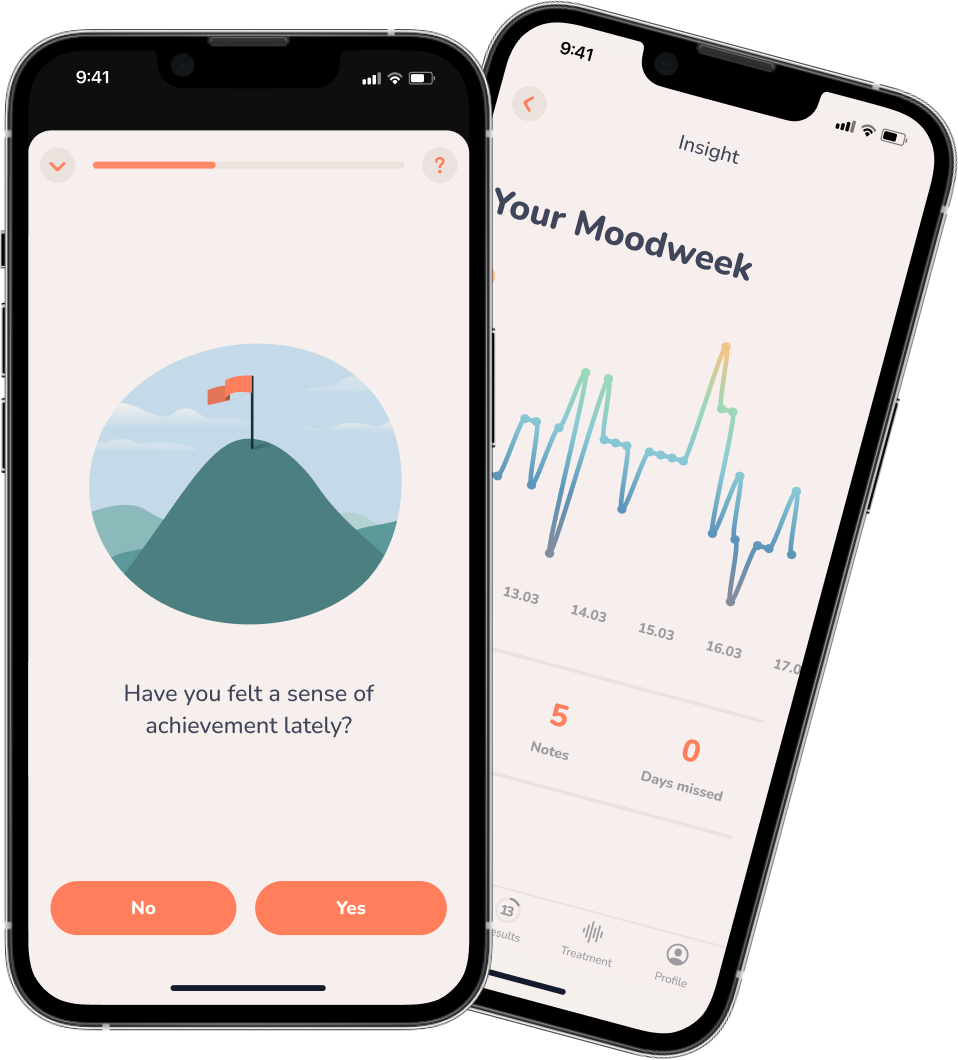Insight
Psychological Needs in the Workplace: How to Meet Them
Deadlines, conflicts, pressure to perform—many people grapple with stressors at work. The extent to which these weigh on someone depends in large part on whether psychological needs are being met at work. This article explores these needs and looks at ways to fulfill them.

How Are You Feeling at Work? A Look at Basic Psychological Needs Can Provide Insight
Your sense of well-being and satisfaction at work is closely tied to your psychological needs. If these are largely met, you feel good. But, on the other hand, if they go largely unmet for a period of time, difficult emotions, stress and tension, and increased vulnerability to mental health issues can arise.
So, what are the psychological needs that are central to your well-being?
The Need for Connection
Humans are social beings—for early humans, in fact, belonging to a group was essential for survival, offering protection and ensuring basic physical needs were met. And this still rings true today. Feeling close to others, exchanging ideas, and spending time with others are all deeply rooted.
In a work context, the need for connection is met when you’re part of a team where you feel comfortable, when there are co-workers or bosses you can turn to, and when there’s a friendly, constructive atmosphere.
If your work, though, requires little interaction or collaboration with others, your need for connection at your job may suffer. A work environment with frequent conflicts, poor communication, or competition can also frustrate this need. Experiences of exclusion or hostility are especially detrimental to workplace well-being. Find out how to recognize workplace bullying and how to deal with it here.
The Need for Control and Autonomy
Standing on your own two feet, making your own decisions, and having control over your circumstances—these all relate to the basic psychological need for control and autonomy.
Most people like to have a certain degree of predictability, planning, and flexibility in their job. Clear communication, a secure work contract, reliable income, flexible work hours, the opportunity to contribute ideas and tackle tasks in one’s own way—all help support this need.
However, the need for control and autonomy becomes frustrated when one’s work is highly controlled by others—whether through strict rules, micromanagement, or unrealistic demands. Too many tasks or deadlines without adequate support can lead to lasting feelings of helplessness or being overwhelmed. Or if there’s a lot of uncertainty, such as with short-term contracts or constant unforeseen changes, the situation can feel stressful.
The Need for Self-Esteem
This need centers on feeling competent, valuable, and proud of oneself. While there are many ways to nurture this need, work is often a key source of self-esteem for many people.
Engaging in tasks that align with your skills and allow you to feel competent supports this need. Receiving recognition and positive feedback from others also boosts self-esteem. Equally important is how you view yourself—whether you acknowledge your successes and forgive yourself for mistakes.
On the other hand, the need for self-esteem can suffer if your work offers few opportunities for a sense of achievement—for example, when tasks don’t match your skills, leaving you either overwhelmed or underwhelmed. Lack of recognition, absence of feedback, or negative comments can spark self-doubt. A workplace culture of competition, where performance is compared rather than appreciated, can also frustrate the need for self-esteem.
The Need for Enjoyment
The need for enjoyment and avoiding discomfort is universal—including in the workplace.
Work and enjoyment don’t have to be mutually exclusive. While it’s unrealistic to expect all tasks to be fun, your need for enjoyment can still be met at work. This happens when your tasks spark curiosity, challenge you without overwhelming you, or allow for occasional moments of laughter with colleagues.
Repetitive, monotonous tasks or relentless schedules can frustrate this need and diminish your well-being. It’s especially draining when you frequently find yourself in situations that clash with your values, skills, and interests or that you perceive as meaningless.
Creating a Balance in Your Free Time
Of course, not all basic psychological needs have to be primarily met through work in order for you to feel good overall. Many people go through phases where a job is primarily a means of earning money. Having enough opportunities outside of work to fulfill these needs, such as through doing fun activities with friends or family, can help balance things out.
When work takes up a large portion of your time, however, it’s worthwhile to ask yourself from time to time how well your needs are being met there. Regularly pausing to reflect on the question “How am I feeling right now?” is a key step toward staying healthy. Tools like the MindDoc app can help you check in with your feelings and needs. The app prompts you three times a day to reflect on your current emotional state and shows patterns in your well-being over time. This way, you can recognize dissatisfaction early on and actively address unmet needs.

People-Pleasing — When the Fear of Rejection Becomes a Trap
Are you a person who places a high value on kindness, consideration and helpfulness? Or … maybe you tend toward what’s called “people-pleasing”?

High-Functioning Depression: The Hidden Suffering
When people think of depression, usually intense sadness, low energy, social withdrawal, difficulty getting out of bed, and managing daily life come to mind. But this is not always the case.

Obsessive-Compulsive Disorder: When Thoughts and Actions Become Torture
In this article, we explore what characterizes such thoughts and behaviors as well as how they can be treated.

Bullied at Work—Here’s What You Can Do!
In this article, we look at the nature of workplace bullying, its causes and consequences, and what you can do if you are being bullied at work.



